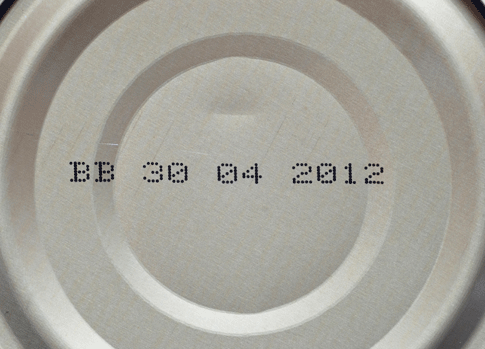Are You Going to Eat That?
The endowment effect on your eating habits

Ever hear of the endowment effect? In its simplest terms, this refers to the added worth that humans give to things that they own. Studies have shown, for example, that people will sell a product they own for a much higher price than they’d be willing to pay for it when buying from someone else. Can you relate? It sounds like fairly predictable human behavior. But to what extremes can this endowment effect influence our eating habits? This is where it gets interesting.
Lauren Block, a marketing professor at Baruch College in New York City, is co-authoring a study to be published in the June issue of the Journal of Consumer Research. In this study, she and her team questioned 165 students about their yogurt preferences. The students were given yogurt smoothies that were past their “best if enjoyed by” date, although they were still considered safe to eat. The students were split into two groups. The “endowed” group of students, were told the yogurt was theirs to keep.
The results of these findings showed that 38% of those in the endowed group were willing to drink the smoothie either right then or later. But only 13 percent of the students who didn’t own the yogurt were willing to drink the smoothies. Those who were told to keep their smoothie were also less likely to think it would make them sick.
“Our results help explain why a person might consume expired food that they found in the fridge, but not consume expired food found in a friend’s fridge,” Block said. This endowment effect theory suggests that people will rationalize their behavior towards expired foods when they “own” the food.
Let’s personalize this a little. If you were in a grocery store, would you buy yogurt that you knowingly understood to be a few days past the expiry date? Probably not. But, if you looked in your fridge for that yogurt and found it was just a few days past the expiry date, you’d probably still eat it, right? This research suggests that you would (feel free to defend your own position in the comments below). Researchers chalk this up to the fact that people unconsciously give more value to things that they own, and will rationalize accordingly.
So, what’s the big deal? It’s part of the human psyche to personalize things. If we name something, we own it. If we buy it, we own it. But like it or not, possessions influence behavior. The problems start when that influence becomes negative, or irrational. This latest study raises new concerns for the health and safety of consumers who ignore expiry dates. Yogurt is one thing, but meat products are another.
Some food have inherent safety guards in place, like foods that grow moldy. If a food’s appearance or smell repels us, we probably won’t eat it (regardless of whether or not we own it). But if we follow this endowment effect theory all the way through, what about other products with expiry dates? According to Block, “Many consumers do not know that sunscreen, condoms, fire extinguishers and medicine lose efficacy over time… Our research suggests that consumers may underestimate the risk associated with using products past their expiration dates, and for some products, this might have a negative consequence.”
Via: USnews.com